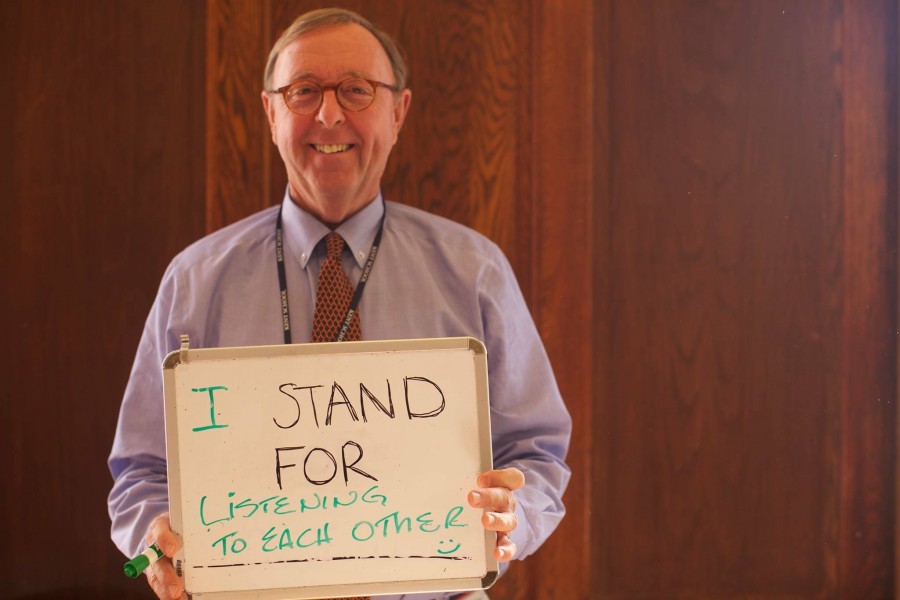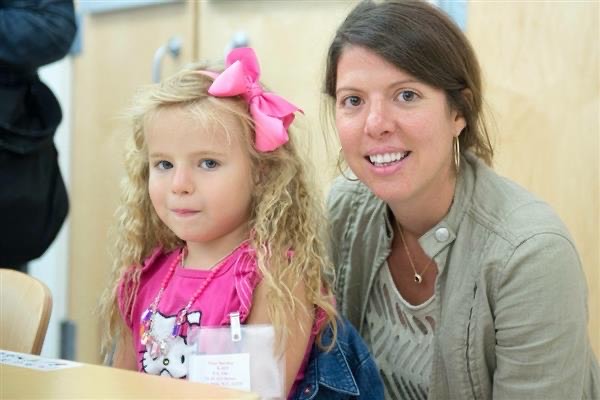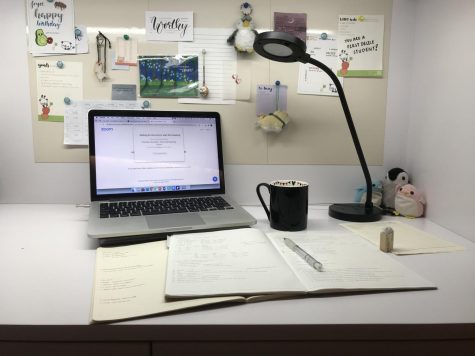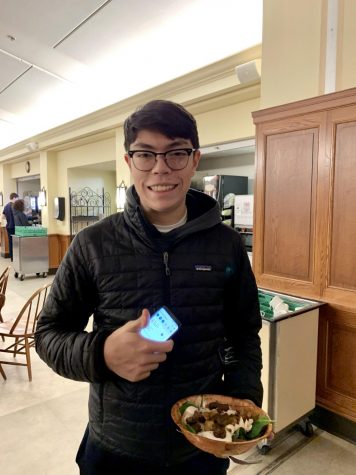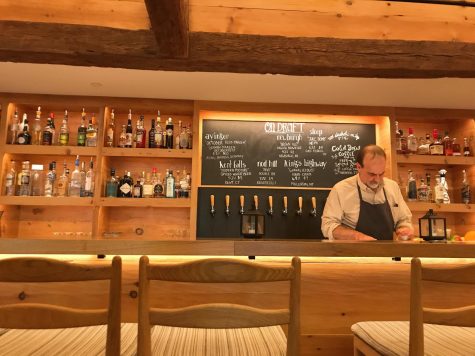Communication is Key: Mediator-in-Residence Cris Farley
January 30, 2016
Communication is the backbone to human existence. This winter, Kent School has opened the door to better communication by welcoming Mr. Cris Farley as our new “Mediator in Residence.”
Farley is a Naval Academy graduate, and after his service commitment he completed law school. After many years as a successful trial lawyer, Farley became a licensed mediator. “As a trial lawyer,” says Farley, “half the things I learned in law school I didn’t use.” The job was really about “seeing how the jury or the judge reacts or how the atmosphere in the room was, which all goes into the story in the courtroom.”
When he first got to Kent, he thought he’d be here to “Mediate and teach cooperative dispute resolutions on the family, national, and international scale,” but what he quickly learned was that “people here don’t necessarily need to mediate but, rather, communicate.”
His new goal for his position is to help Kent students and faculty learn to communicate and establish relationships. To fit this goal, he changed the whole concept to “interaction and communication, instead of mediation and communication.”
What can communication do for Kent? One example Farley gave applied to interviews. “Whether they are going to a college interview or a job interview how [students and faculty] express themselves comes through to others they’re communicating with.” Each student at Kent has a goal of reaching a successful future, and understanding exactly how to present themselves in the best way possible is extremely important.
The lesson Mr. Farley related from mediation was, “until we establish a relationship with someone, that person isn’t going to want to hear what we have to say.” However, to establish this relationship we must make points of contact or points of common interest.
Therefore, you may see Farley all over campus, at a basket ball game, in the Dining Hall, or even in your classes. He says, “as we have common interest, we decide if we would like to learn more. Once that trust is formed, that’s when we can start talking about topics of greater significance.” That greater significance could be the turning point between being accepted or denied from your top school, coming in first place or last, making friends or losing them.


